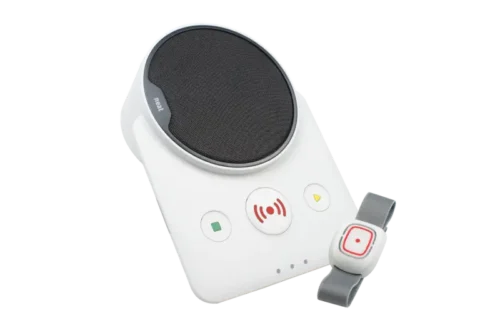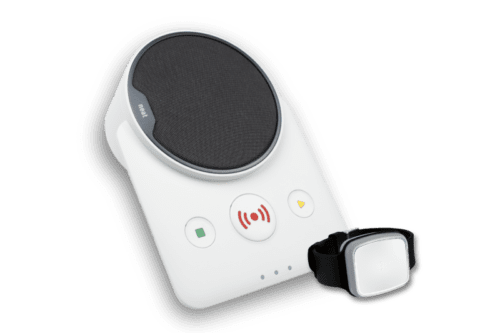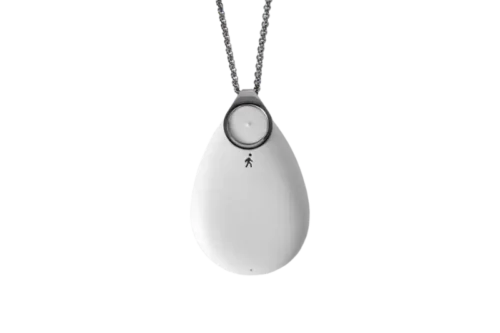
What is a Stroke?
A stroke is when part of the brain is damaged by a lack of blood supply or from bleeding from a burst blood vessel. The severity of a stroke can range from a mild disability that completely resolves within a few weeks or months to a permanent physical impairment or, in extreme cases, loss of life.
In the UK more than 113,000 people suffer a stroke for the first time each year, and there are currently 1 million stroke survivors. The likelihood of a stroke increases with age and tends to be higher in men than in women.
Symptoms of Stroke
When an artery supplying oxygen to the brain becomes blocked or ruptures and bleeds, the brain cells supplied by these blood vessels become undersupplied with oxygen and glucose and perish. Symptoms are usually sudden, and usually result in paralysis of one arm or leg or both, speech difficulties, visual problems, and coordination problems.
Much depends on which area of the brain is affected. A mini stroke, also called transient Ischaemic attack or TIA is a warning sign of a more severe stroke and completely resolves within a day. One must take all strokes, including mini ones, seriously, investigate them, and treat them.
Causes of Stroke
High blood pressure, years of hardening of the arteries, smoking, heart disease with an abnormal rhythm, and certain medications can all make it more common, as of course, does getting older.
Lifestyle changes before and afterwards to minimise the need for medication and prevent a second attack can make a huge difference.
Living After
Stroke rehabilitation certainly improves independence after anyone has suffered a stroke, and most people will be able to return home to continue independent living. Help is often required, however. There may be discomfort or pain, limited mobility, a risk of chest infections or urinary infections, emotional changes, or even epilepsy.

Some degree of depression is understandable as one’s life has changed significantly. However the outlook for many is very good, and many people live full and contented lives. Caring for someone after a stroke can be challenging but there are several charities that help and Telecare24 Careline Services can prove invaluable.
They allow sufferers to remain independent in their own homes and still keep in touch with relatives and emergency services 24/7, which is a great relief and reassurance. Dr Hilary Jones highly recommended Telecare24 Careline Service for those who live alone and are at high risk of falls. They are also useful for people with physical disabilities or just need reassurance that someone is nearby to help if needed.
Resources
Different Strokes – The number of young people who suffer it is increasing. This excellent charity aims to support young stroke survivors. They also have a counselling centre staffed by stroke survivors. You can contact them at 0345 1307172. Lines are open Mon-Fri 9-5pm.
Stroke Association – Campaigns for better prevention and aftercare for stroke patients and provides support services across the UK. It also funds research to develop treatments to prevent strokes in the future. The helpline can be contacted at 0303 3033 100.
Headway – The Brain Injury Association – Provides support and information to survivors and their families. Their helpline is 0808 800 2244 or via email at helpline@headway.org.uk.
Our vlog, “How to Identify a Stroke” from Dr. Hilary Jones helps you understand why strokes occur and how to help someone who has had one.
Please visit our blogs for additional useful information.




